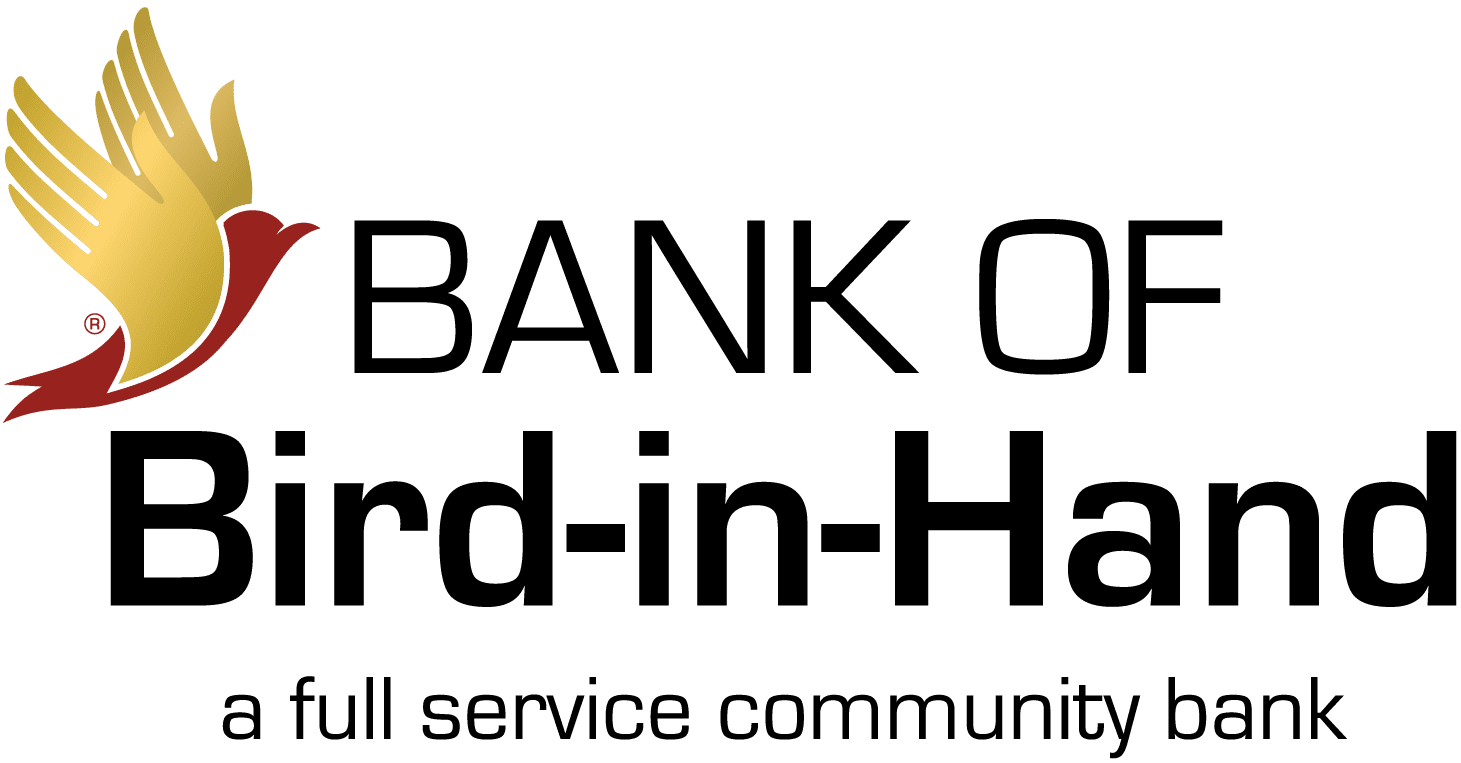07/10/2025
Everything You Need to Know About Agricultural & Commercial Loans

Getting the right commercial loan for your business is vital for success, whether you’re tending to acres of crops or setting up shop in your local town. Continue reading this blog to discover the ins and outs of commercial and agricultural loans, so you can help your business — or farm — grow and thrive.
What Are Commercial Loans?
A commercial loan is a debt-based financing that’s used to fund and manage business expenses such as purchasing equipment or real estate. Commercial loans can be granted to a variety of business entities and are typically structured in one of two ways: as business term loans or as lines of credit.
With business term loans, the lender will provide the borrower with a single payment. The borrower is then responsible for repaying this amount over a specific period with interest. With a line of credit, the borrower has access to a set amount of money that they can draw from and use as needed. In this case, the borrower only pays interest on the money they use. Once it’s repaid in full, the line of credit resets.
It’s important to note that in many cases, commercial loans will require collateral. The purpose of collateral is to reduce the lender’s risk. This means, if the borrower can’t repay their loan, the lenders can sell the collateral to cover the loss.
5 Types of Commercial Loans
There are many types of commercial loans that businesses can use for specific purposes. These include, but are not limited to:
- Equipment Financing Loans
These loans are designed to help businesses purchase large or highly specialized equipment they may need to operate, without having to pay the full cost upfront. Equipment financing loans cover various types of machinery, tools, and technology, allowing businesses to spread the expense over time through manageable monthly payments.
- Commercial Property Loans
Commonly known as commercial real estate (CRE) loans or commercial mortgages, commercial property loans are used by businesses and investors to acquire, develop, or refinance properties intended for commercial use. Unlike residential mortgages for homes, these loans are designed for income-producing properties or those used for business operations.
- Commercial Small Business Loans
Designed to help new or existing small business owners, these loans help individuals get the money they need for starting, operating, or expanding their business. Small business loans are also beneficial if owners need support during challenging financial periods.
- Commercial Construction Loans
Not to be confused with commercial mortgages, commercial construction loans are a specific type of financing that helps businesses fund the building or major renovation of commercial properties. Rather than using the loan to purchase an existing property, these loans provide the money needed during the development phase itself.
- Agricultural Loans
Tailored specifically for agricultural businesses and operations, these loans help individuals maintain, expand, or start a farming business. Unsurprisingly, agricultural loans are an important resource for areas with high farming activity, like Central Pennsylvania. It’s crucial for commercial loan lenders who specialize in agricultural loans to understand the distinct problems farmers in the area face.
As an integral part of the community we serve, the Bank of Bird-in-Hand is dedicated to providing our neighbors with the support they need for their agricultural businesses to thrive. We’ll talk more about different types of agricultural loans below.

What Are Agricultural Loans?
Running a farm comes with distinct financial challenges, making agricultural loans a vital funding solution. Generally speaking, the purpose of these loans is to help farmers and ranchers manage the unique and often challenging costs of their operations. In Central Pennsylvania, agricultural loans are particularly popular for new and established farmers alike.
For farmers still in the start-up phase of their agricultural business, these loans can provide the money needed to get operations running smoothly. Agricultural loans can also help farmers manage cash flow during off seasons, hire workers, purchase heavy or specialized equipment, fund the construction of irrigation, and improve or expand their operations.
5 Types of Agricultural Loans
Similar to other commercial loans, there are different types of agricultural loans for specific purposes. These include, but are not limited to:
- Farm Operating Loans
These short-term loans help farmers bridge gaps in cash flow. Beneficial to both large and small-scale agricultural businesses, farm operating loans are often used for day-to-day expenses like seed, fertilizer, fuel, or labor costs.
- Equipment Financing Loans
Agriculture equipment loans help businesses purchase farm machinery and equipment such as tractors, harvesters, irrigation systems, and more. These can be especially beneficial since farm-related machinery is often expensive and may exceed a business’s typical cash flow.
In most cases, for agriculture equipment loans, the machinery purchased is used to secure the loan. This means farmers don’t have to put up additional collateral. Furthermore, the loan term often mirrors the life expectancy of the machinery or equipment itself. For example, if a farmer takes a loan out for a piece of equipment that has an expected useful life of 7 years, they may be able to get a repayment period of the same length.
- Farm Ownership Loans
As its name suggests, farm ownership loans are designed to help farmers acquire or expand their land holdings. Whether purchasing new farmland or refinancing existing property, these loans provide farmers with the money needed to take the next step in growing their business. Oftentimes, lenders may offer fixed or adjustable rates and flexible repayment terms that align with the farm’s operating cash flow.
- Livestock Loans
Farmers involved in animal husbandry can borrow money to help finance the purchase, care, or feeding of livestock. This includes constructing or upgrading barns as well as other related expenses. Livestock loan terms typically depend on a variety of factors such as the type of livestock, the number of livestock, the market volume, and the borrower’s creditworthiness.
- Farm Lines of Credit
Similar to a business line of credit, farm lines of credit offer farmers a set amount of funds to use for their agricultural business. This is typically a good option for those who don’t know exactly how much money they need for their farm, to remedy intermittent cash flow issues, or cover unexpected expenses. After getting approved for a specific credit limit, farmers can draw money at any time up to the limit.

At Bank of Bird-in-Hand, we’re ready to help your business thrive. Our commercial loan lenders specialize in a variety of business and agricultural loans. Let us guide you to the right financing option.
Ready to get started? Call us to connect with our lending team today.
Related Blogs
02/05/2026
GELT Bancorp, Inc. Announces Cash Dividend of $0.35 Per Share
01/29/2026
Farm Financing Smarter, Not Harder: Choosing the Right Agricultural Loans For Your Business
01/16/2026
Bank of Bird-in-Hand Opens Ninth Brick-and-mortar Branch in Honey Brook, Chester County, PA
